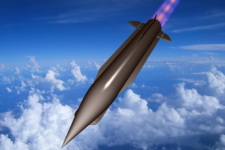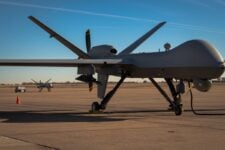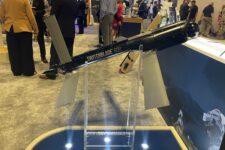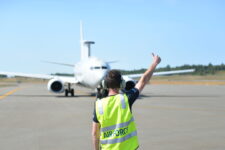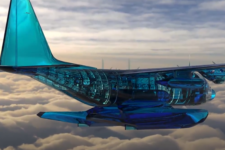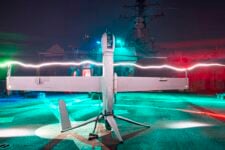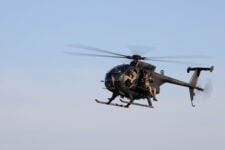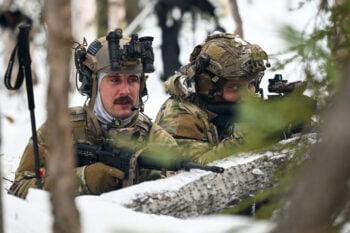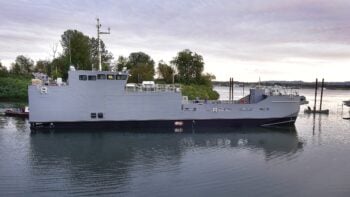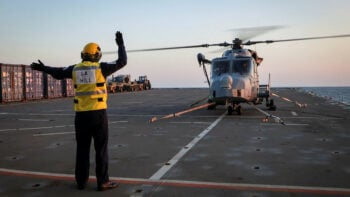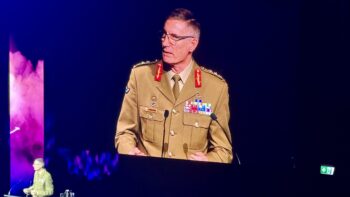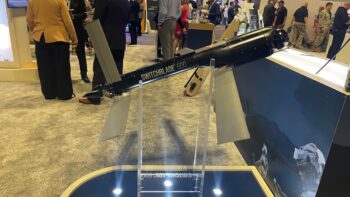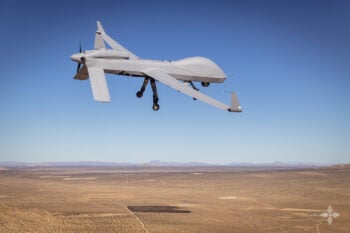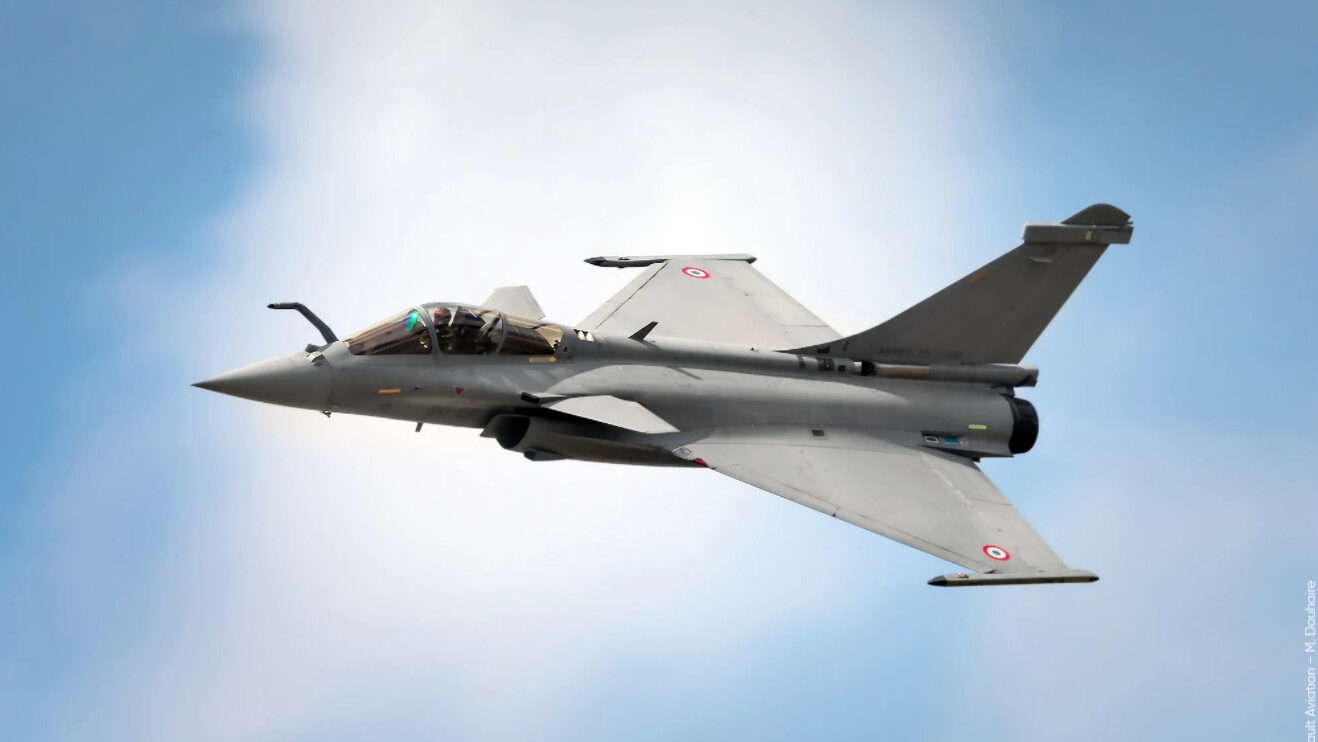
French fighter jet manufacturer Dassault hopes to secure new Rafale export contracts with Saudi Arabia and India (Dassault Aviation on X)
PARIS — Dassault Aviation’s CEO has confirmed Saudi Arabia is negotiating the purchase of 54 Rafale aircraft, six weeks after reports first emerged of the two sides opening discussions. In parallel, the French manufacturer plans on signing a Rafale deal with India, covering 26 jets for its navy.
Speaking to the Association of Defense Journalists last week, Eric Trappier said that “although Saudi Arabia has traditionally bought British” aircraft, Dassault has been approached by Riyadh after Germany controversially blocked Saudi Arabia’s billion-dollar bid for Eurofighters over the kingdom’s intervention in Yemen’s civil war.
Trappier made no mention of the dispute, merely commenting that even if “periods of conflict are not very favorable and tend to slow discussions a bit,” the request from Saudi Arabia for 54 Rafales was “independent of the crisis in the Middle East.”
Of the 285 Rafales sold on the export market since the first contract (with Egypt) was signed in 2015, 171 have been bought by Riyadh’s neighbors, notably the United Arab Emirates with 80 Rafales in the F4 standard, Qatar with 36 and Egypt with 55. India has also bought 36 and is currently negotiating for 26 naval versions of the aircraft.
“We have to be tenacious in these talks,” Trappier remarked.
Even so, as he has so often done in the past, Trappier, a staunch pro-European, took aim at the F-35 program, which has dominated the European fighter jet market, often beating Rafale to lucrative production contracts in the process.
“Europe was already dominated by US aircraft such as the F-16, so it’s always existed, but today, apart from NATO liaison 11 for maritime operations and [Link] 16 for air-to-air [communication tech], the F-35 is only interoperable with itself,” he said. “Is there some element of blackmail?” He failed to elaborate on such an extraordinary question.
Elsewhere, Dassault is beginning to work on the F5 version for deployment in the French Air Force in 2030. Trappier said it would fly missions “with other combat aircraft and drones with highly coordinated piloting.”
Some FCAS Details
In parallel, Dassault is working on the New Generation Fighter, key to the Future Combat Air System (FCAS), a sixth generation fighter project between France, Germany and Spain. The new jet will be bigger than the Rafale because it will have an integrated weapons hold, Trappier said.
“We need to make a choice between stealth and air combat, so we’re going to need to arbitrate to get a multi-role aircraft,” he explained. So the aim of the demonstrator the company is working on will be to find “a compromise between being aerodynamic and being stealthy.”
He said the navy’s version of the NGF would be “identical” to the air force design except with stronger landing gear and “a strengthening of some parts to support the stress of landing.” A hook is also expected to be required for carrier landings. Trappier added that Dassault was already working with Naval Group (which is designing France’s next generation aircraft carrier) to ensure the aircraft and carrier are a match.
Also in the interview Trappier noted that whereas the first decade of the 21st century had seen Western nations engaged in asymmetrical warfare, looking at today’s state-against-state conflicts means that future aircraft “need to work in airspace which is extremely well protected by surface-to-air weapons. This means that we need good upstream intelligence, optimal flight aptitude, an anti-air defense treaty and possibly combine aircraft and drones which could be more efficient.”
At a competitive level, Dassault and Airbus Defense and Space are currently locked in a battle to secure a contract from the DGA French procurement agency, launched nearly a year ago, to replace 18 Dassault-Breguet Atlantique TL2, one of the few aircraft in service worldwide that was specifically designed for anti-submarine warfare. It is currently being modernized to standard 6 but will have reached the end of its life by around 2030.
Dassault is offering the Falcon 10X whilst Airbus is countering with the A320Neo. “But we have more experience and we work with Thales which is an advantage,” Trappier said.
TAI exec claims 20 Turkish KAAN fighters to be delivered in 2028
Temel Kotil, TAI’s general manager, claimed that the domestically-produced Turkish jet will outperform the F-35 Joint Strike Fighter.


